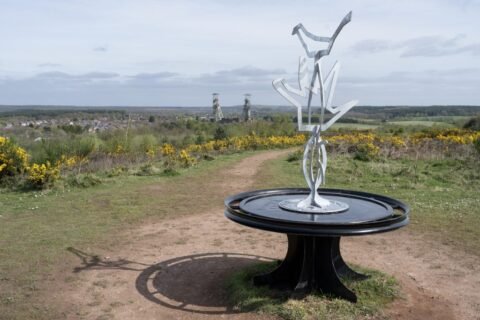Disabled people face ‘significant barriers’ working in and visiting heritage sites, research commissioned by Historic England has found.
A survey conducted by specialist disabled-led consultancy Direct Access found that one in five respondents had left heritage sector jobs due to health and disability reasons.
The study also revealed that while three-quarters of disabled heritage workers said their line managers were aware of their access needs, only a third had been offered workplace assessments.
Further, half of respondents working in heritage had received no disability-related training, and only 7% of disabled heritage workers used the government’s Access to Work support scheme.
Meanwhile, 41% of disabled respondents reported barriers preventing them from visiting heritage sites.
Insufficient training
The study identified issues with incomplete or poor-quality pre-visit access information, a lack of diverse interpretation formats, such as British Sign Language, large print guides, and captioning, and insufficient staff training on accessibility equipment and supporting disabled visitors.
Physical barriers included sites only accessible by car and crowded spaces that were unsuitable for wheelchair users.
Sean Curran, head of inclusive heritage at Historic England, said: “This research provides crucial evidence about the real experiences of disabled people in our sector. The findings clearly show that while we’ve made some progress, significant barriers still exist both for those working in heritage and those who wish to visit historic sites.
“At Historic England, we’re committed to using these insights to drive meaningful change across the sector. By addressing these barriers head-on through our Disability Access to Heritage project, we can create a heritage sector that truly welcomes, values, and includes disabled people.”





